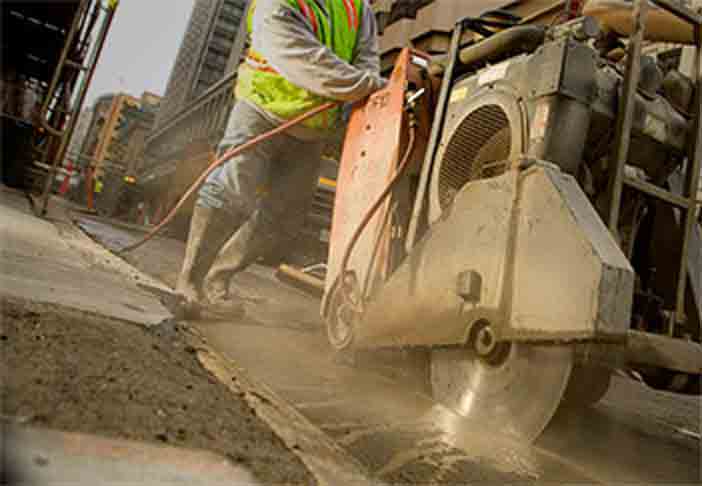California’s Transportation Fiscal Crisis
by Will Kempton, Transportation CA
California is once again facing a funding crisis for transportation infrastructure. Over the past few decades, our industry has championed efforts to provide a continuing source of money to support funding for California’s transportation infrastructure. With gas tax revenues declining, and with the looming sunset of the Proposition 1B bond program, money for transportation in California will diminish drastically. Spending, which peaked in 2008-09 at over $13 billion, will crater to slightly more than $6 billion in 2013-14. That is a precipitous plunge.
California depends on its transportation infrastructure – to support the economy, transport goods and keep Californians moving. Yet as the state’s population grows, and as the existing system ages, it is becoming more difficult and more costly to maintain existing infrastructure and accommodate needed change. The anticipated drop in funding will make this situation even more challenging.
As an industry, we need to be focused on a singular purpose: a well-funded transportation program. Now is the time to step up and aggressively advocate to achieve stable funding for the transportation program. Transportation California (TC) has a successful track record in raising and/or protecting transportation revenues over the past two decades, and has been involved in every major transportation initiative in the state since the early 1990’s.
TC is moving forward to achieve our objectives and we are pursuing a package of funding mechanisms and reforms that we believe can be implemented in the next two years. Coalition support and our ongoing collaboration with the California Alliance for Jobs and other transportation stakeholders allowed us to take the first serious steps towards placing a measure known as the “California Road Repairs Act” on the November 2014 ballot. Late last year, we submitted a draft ballot initiative to the Attorney General to provide a new source of transportation funding to address the state’s critical roadway and transit preservation needs and to help ensure a robust program for our industry. While we have decided to put that initiative on hold, we have succeeded in focusing attention on the critical issue of transportation funding. In spite of the outcome of our efforts to place this measure on the ballot, we will continue to pursue options to increase transportation funding and to implement meaningful program reforms.
In the current political and economic environment, it is clear that it will be very difficult to implement a long-term funding solution to meet the state’s transportation needs. There is a move underway to begin testing a vehicle miles traveled (VMT) tax in California as a potential replacement for the existing gas tax. Discussions have focused on a pilot effort beginning in the next year to determine the viability of a VMT tax as a revenue generating source for the program. TC supports this effort and is advocating for early implementation of the pilot.
In the interim, immediate new funding must be developed to bridge the gap until a longer-term new funding stream can be developed to pay for the state’s transportation needs. TC is looking at four simple stop gap proposals to buy time until a more permanent fix can be implemented.
1. Increase the amount of cap and trade funding in the Governor’s budget proposal to augment the Sustainable Communities program from $100 million to $300 million. This will provide a better chance for conventional transportation projects which reduce greenhouse gas emissions to compete for the limited funding available.
2. Building on the Governor’s budget proposal to advance $351 million in loan repayments, accelerate the payback of other previous loans made from transportation accounts.
3. Cancel the diversion of truck weight fees currently being deposited in General Fund bond debt service accounts and return that money to the transportation program.
4. Beginning in the 2015-16 legislative session, consider placing a $5 billion bond program before the voters in November of 2016 with debt service to be paid out of a vehicle registration fee surcharge.
No one likes more taxes or fees, and our efforts will require collaboration, expanded advocacy and extensive public outreach. We need your help and involvement in order to be successful. Get personally involved in continuing the fight for essential funding to support needed transportation improvements in California. For more information, visit www.transportationca.com.
Click to view the original Transportation Fiscal Cliff video and the new video, California’s Transportation Cliff – How We Got Here.







